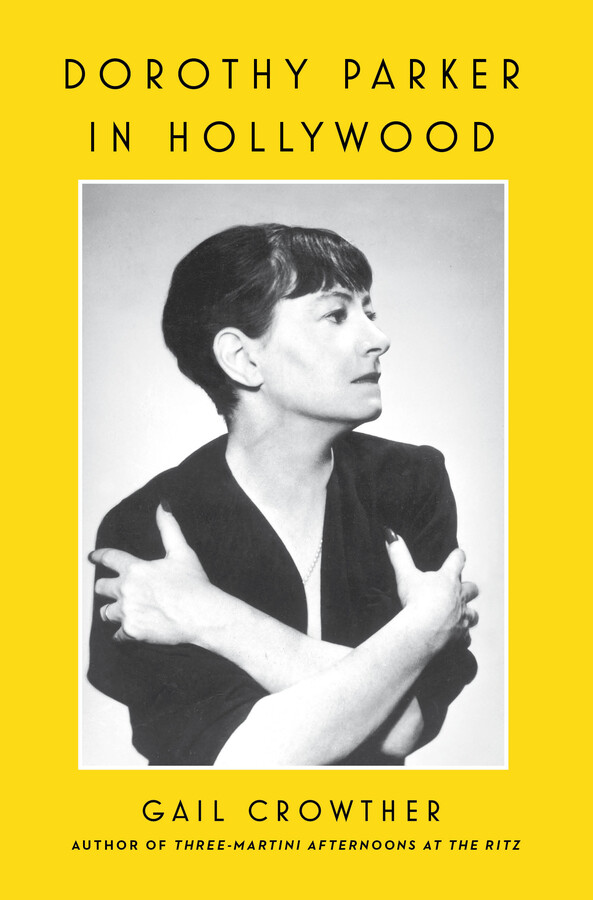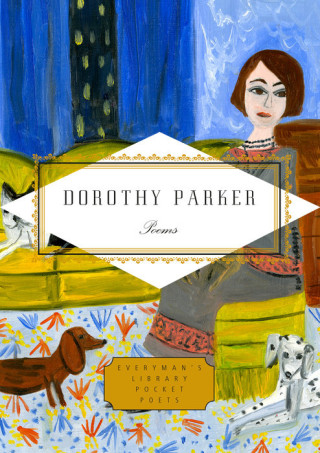Dorothy Parker dreaded repetition and found it everywhere. In 1919, when she was just 25 and only months into her stint as Vanity Fair’s theatre critic, she already claimed enough ‘bitter experience’ to know that ‘one successful play of a certain type’ would result in a ‘vast horde’ of copycats, ‘all built on exactly the same lines’. In quantity at least, this was Broadway’s golden age, just before radio and the movies ate up its audiences. At least five new shows opened each week and Parker sat through all the popular formulae: ‘crook plays’; Southern melodramas; bedroom farces; musical comedies; plays in which ‘everybody talks in similes’; and Westerns in which gold was ‘sure to be discovered at five minutes to eleven’.
Topical themes promised ‘novelty’ but that dwindled in the inevitable ‘follow-ups’. Parker noted a bevy of plays dealing with Prohibition, the ‘Irish question’ (‘what a rough day it will be for the drama when Ireland is freed’) and, worst of all, a ‘mighty army of war plays’ (‘I have been through so many … that I feel like a veteran’). Eventually the battlefield smoke cleared from the theatres, but the next slew of melodramas, about returning soldiers, was even more tedious. ‘Heaven knows the war was hard enough,’ she grumbled. ‘Now the playwrights are doing their best to ruin the peace for us.’
Once she had identified a formula, Parker didn’t devote much space to individual plays. Those she didn’t like could be summed up quickly – ‘The House Beautiful is the play lousy’ – while those she admired, such as Eugene O’Neill’s The Hairy Ape, made her coy: ‘One is ashamed to place neat little bouquets of praise on this mighty conception.’ On the whole, she preferred ‘little, bitter twists of line and incident’ to ‘any amount of connected story’ and always had time for dog actors, swashbucklers and songs that rhymed ‘license’ with ‘five cents’. It was also easy to praise performances, whether on stage (Eddie Cantor, Jacob Ben-Ami and the ‘flawless’ Barrymore brothers were favourites) or in the stalls. Germs of short stories can be found in her descriptions of the couple who argue over Bernard Shaw’s symbols, the woman who ‘speculates, never in silence’ about what’s going to happen next, and the soldier who ‘condescendingly translated’ bits of French to his girl. ‘You heard that guy saying toujours? That means today.’
Parker was fired from Condé Nast in 1920, after some of Broadway’s biggest producers (all regular advertisers) complained about her constant savaging of their plays, and of Florenz Ziegfeld’s wife. She continued as a drama critic at Ainslee’s for another three years and then, in 1927, spent twelve months as ‘Constant Reader’, writing about books for the New Yorker and accruing what the magazine’s founding editor, Harold Ross, described as a ‘mountain of indebtedness’. ‘Her Constant Reader,’ he insisted, ‘did more than anything to put the magazine on its feet, or its ear, or wherever it is today.’

